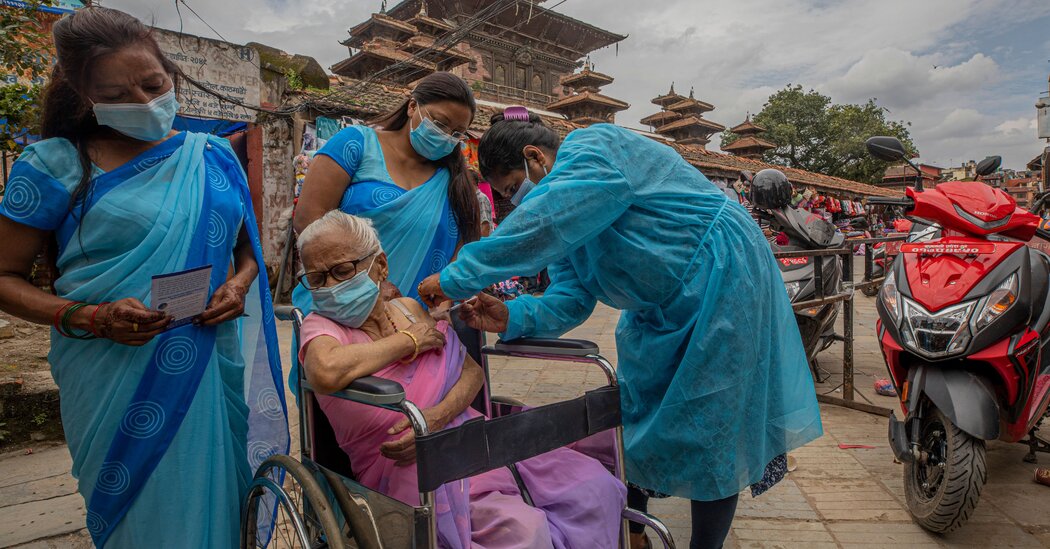Some manufacturers are falling behind. Novavax has had production problems. Johnson & Johnson, which initially planned for one billion doses this year, has made slightly more than 103 million, Mr. Krellenstein said, citing data from the scientific intelligence firm Airfinity. That is in part because its contract manufacturer, Emergent BioSolutions, ruined up to 15 million doses, prompting the Food and Drug Administration to shutter its Baltimore plant for three months.
If 12 billion doses were indeed produced and equitably distributed by year’s end, the world’s needs could be met. But, the Duke institute wrote, “those are both big ifs.”
Several other countries as well as the United States are already recommending booster shots, which will cut into the supply. And the virus changes shape so rapidly — the highly infectious Delta variant is now dominant around the globe — that the vaccines developed last year may soon be outdated, said Dr. Richard Hatchett, the chief executive of the Coalition for Epidemic Preparedness Innovations, which helps lead the international vaccine effort known as Covax.
In the short term, poor nations need doses, and Mr. Biden is correct when he says the United States has donated more than any other country. The United States has already donated 115 million surplus doses from the nation’s own supply, and has purchased 500 million doses from Pfizer and BioNTech to be distributed through Covax. With the United States planning for booster shots, one official said, there is no surplus right now.
Updated
Aug. 24, 2021, 4:52 p.m. ET
“Their financial contributions are huge — no other country has pledged as much as the U.S.,” Dr. Hatchett said. But, he added, “it’s not to say that they can’t and shouldn’t do more.”
Dr. Hatchett said he would like to see a more nuanced discussion of the logistics of not only making vaccines for poor and middle-income nations, but also administering them. The New York Times recently reported that Covax was having trouble getting those shots into people’s arms. Unused doses are sitting idle on airport tarmacs in poor nations that lack the money and capacity to buy fuel to transport doses to clinics, to train people to give the shots — and to persuade people to take them.
Mr. Biden took his first steps to address the vaccine shortage in March, when the White House announced the Merck deal as well as a partnership with Japan, India and Australia aimed at expanding manufacturing capacity. That included a pledge to help Biological E, an Indian manufacturer, produce one billion doses by the end of 2022.



